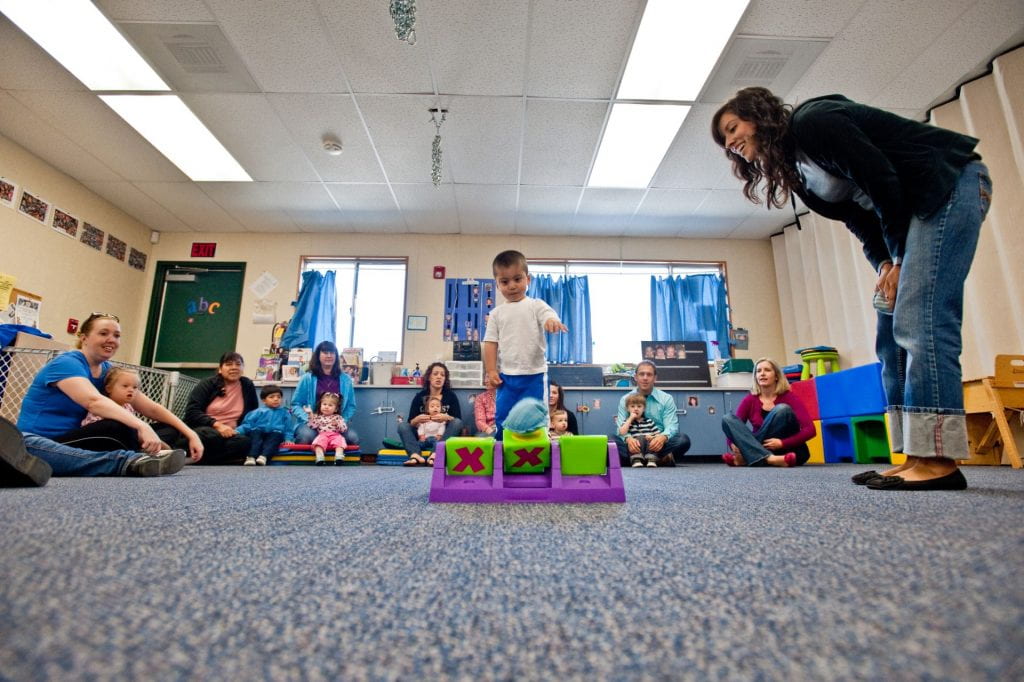In order to slow the spread of the novel coronavirus (COVID-19), schools have closed down across the region and the country, sending children of all ages home for extended periods of time.
Working parents are therefore facing unprecedented challenges in determining how to balance child care and work responsibilities. Those who are able to work from home must meet the needs of their children while remotely addressing responsibilities under rapidly evolving work conditions. Moreover, with the increased risks of exposure to coronavirus among older adults, grandparents may not be able to safely fill in as back-up caregivers.
With the economy reeling from the coronavirus crisis and the complications and consequences of hitting pause on the work of small and large businesses, schools, and other public entities, many employers and working parents will struggle to find a way through. While employers may allow some flexibility, it is clear that both working parents and the caregivers who support their children are critical to keeping the economy going.
Meanwhile, some parents simply must continue to work on site, including first responders (firefighters, police, nurses, etc.) and those deemed to be in essential roles. Importantly, the Santa Clara County Health Officer’s Shelter in Place Order recognizes childcare providers within this essential workforce, as their services enable other exempted employees to continue working.
As employers and employees throughout the region scramble to adjust to the shelter in place order and to flatten the curve, child care workers are being asked to serve on the front line of the coronavirus pandemic. This crisis highlights the importance of ECE providers to society and economic stability – not just now, but always. Meanwhile, these providers are themselves frequently living on the edge of economic security given persistent low wages. As a society, we need to recognize the importance of ECE providers. In light of this and other emergencies and natural disasters, resources should be provided directly to childcare providers, recognizing the role that they play in maintaining safe environments for children and facilitating adults’ continued involvement in the workforce. Furthermore, in order to maintain this workforce, they must be paid a worthy wage that not only keeps them out of poverty, but one that adequately compensates them for the role they play in society.
Written by the Early Childhood Institute (ECI) at San José State University, which is led by Dr. Andrea Golloher, Dr. Emily Slusser, and Dr. Maria Fusaro. Recognizing the potential each and every child brings into the world, ECI promotes equitable and inclusive access to high-quality early learning experiences by collaborating with campus and community partners; advancing applied research; building the capacity of early childhood professionals; and advocating for professionals, young children, and their families.

Thank you,
Yadira Rios
SJSU alumni